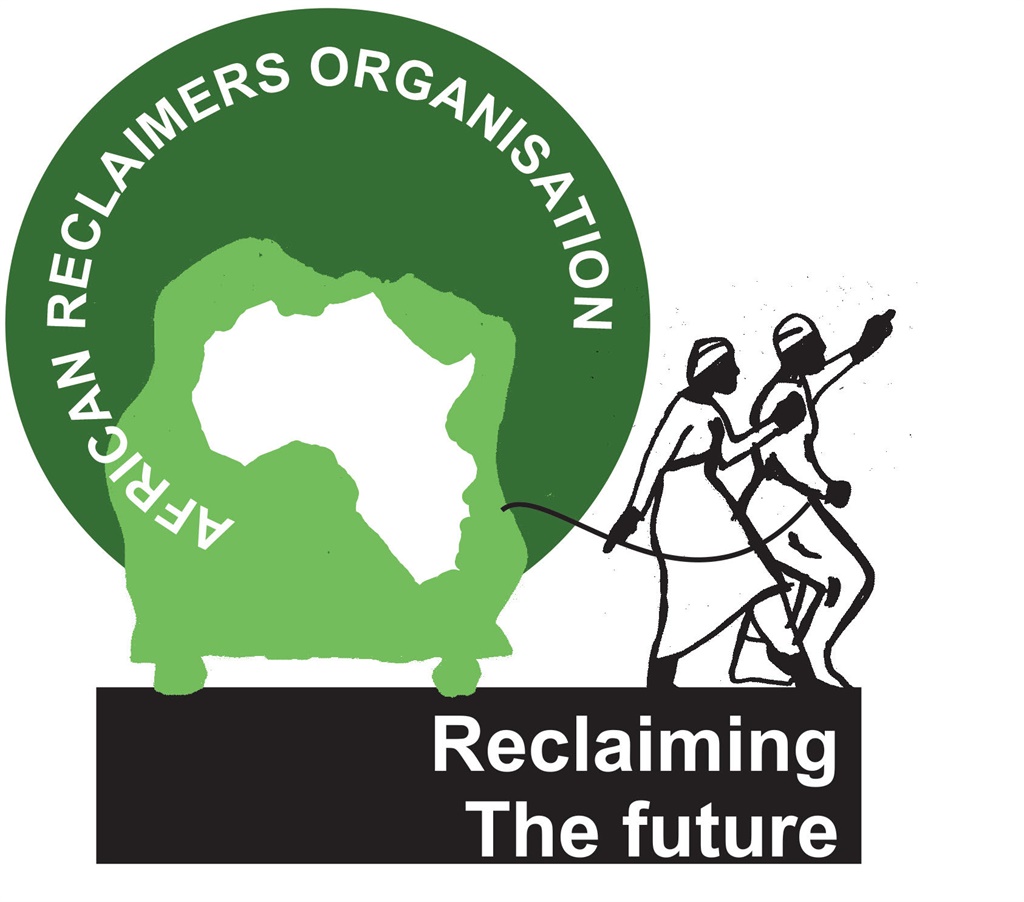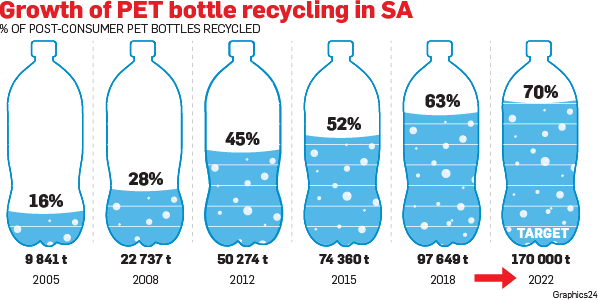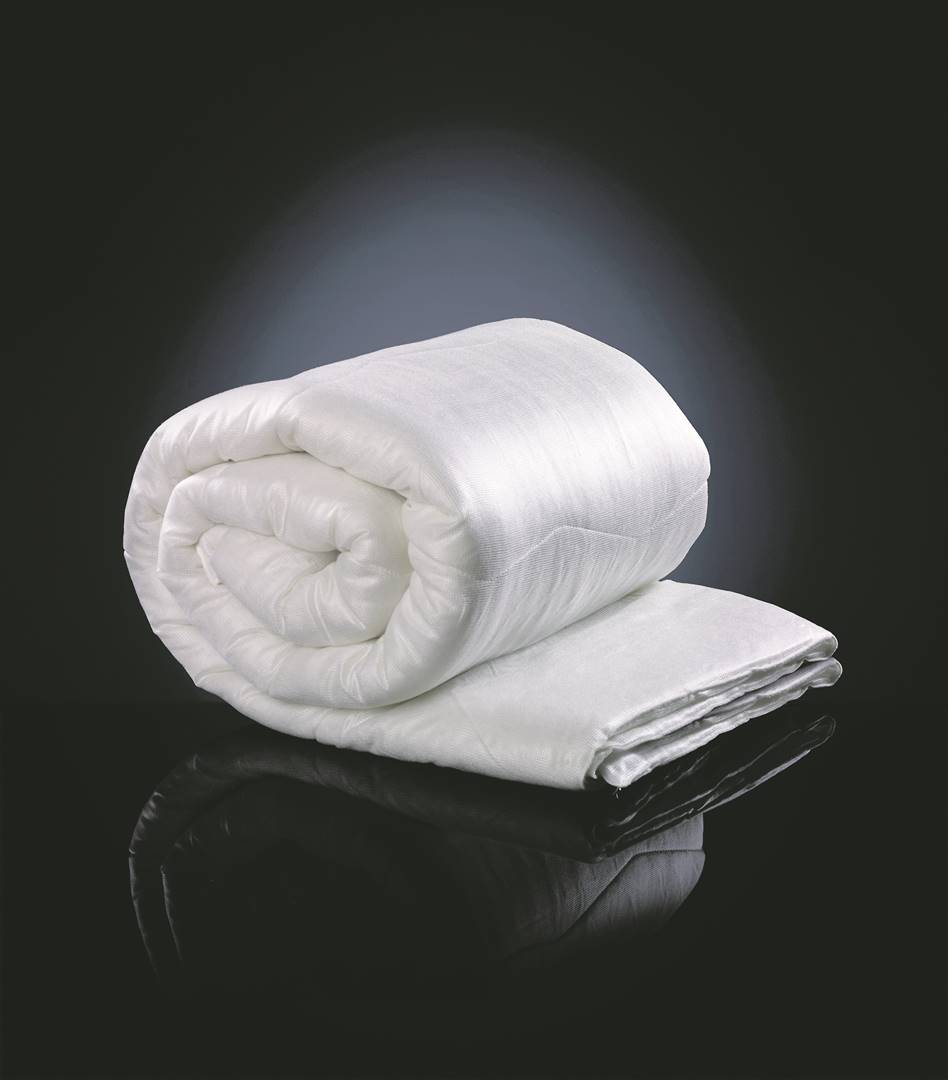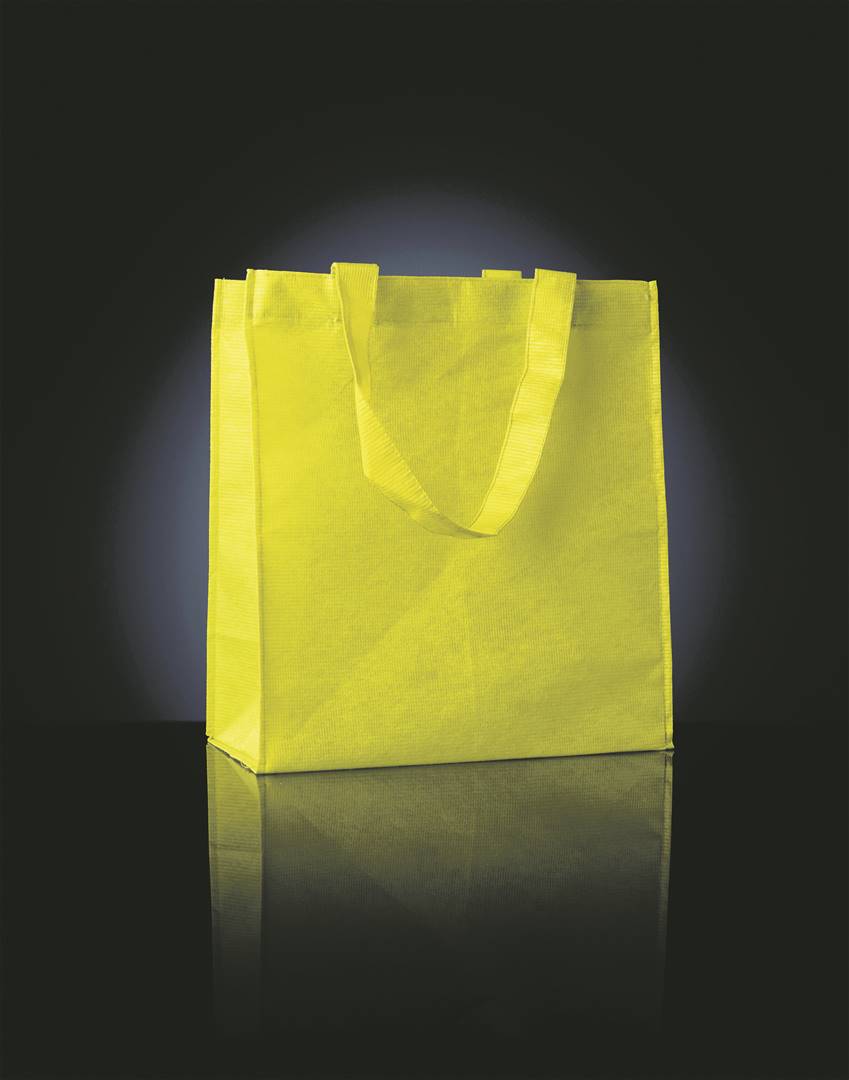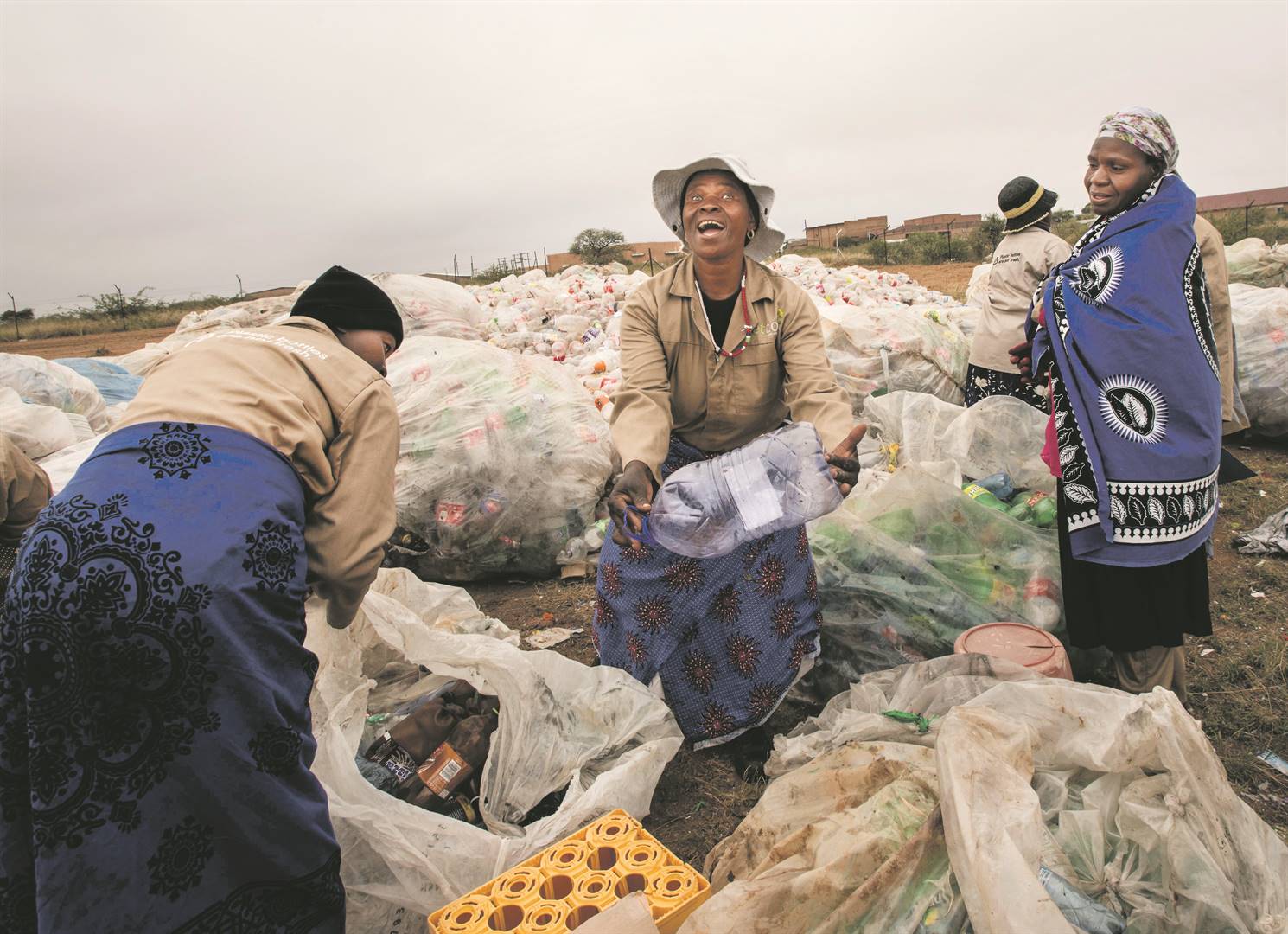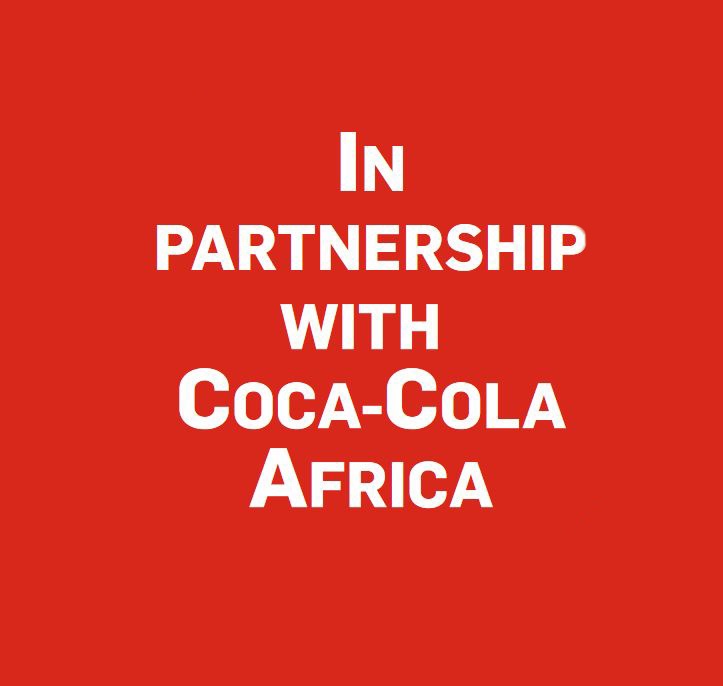
Consumers have a sizeable role to play when it comes to recycling, and everyone should accept responsibility to ensure packaging is disposed of correctly, writes Liezel de Lange.
Cheri Scholtz, the chief executive officer of Petco, says everyone needs to work together – from those who design packaging to consumers who have the power to recycle correctly – to keep more materials out of our landfills.
The rate of recycling for bottles made of polyethylene terephthalate (PET) is already high (63%) for all bottles produced last year, and Petco aims to increase this recycling rate to 70% by 2022.
PET is identified with the polymer code 1 on packaging. Recycled PET is valuable because it can be made into new PET products and polyester fibre, which can then be used to make a wide range of other products.
Waste management services deliver PET bottles, sorted according to colour, to the recycling plant in compressed bales. The bottles in these bales are then chopped into flakes and washed in a flotation tank.
“The PET flakes sink to the bottom and other plastics [for example, the labels and lids] drift to the top. Everything is then sent through different recycling processes,” explains Scholtz.
This is where packaging design becomes important. When labels are stuck on with water-soluble glue, they are easier to remove.
Clear and light blue bottles are most valuable in the recycling process as they can be recycled into new bottles as well as polyester fibre, which can be used to make things such as duvets and pillows. Brown and green bottles have more limited uses after recycling.
Petco advocates that, instead of dying the plastic or printing information on the container, clear containers should be made with a thin polyethylene plastic label on which product information and branding is printed.
“It is important for consumers to understand why packaging is changed. Where, for example, one of their favourite brands would change packaging from green to clear bottles,” says Scholtz.
After the flaking process, the high-quality PET flakes are put through a process to produce resin to convert into packaging once again. The lower quality PET flakes are used to produce fibre, which is used to make fleece jackets, jeans, bedding, straps, shopping bags, stuffing for vehicle seats, carpeting and much more.
Coca-Cola Beverages South Africa will be partnering with various stakeholders this month to help clean up South Africa. These clean-ups help to shift attitudes around littering and recycling, and motivate South African communities to recycle and dispose of their waste responsibly.
Coca-Cola is helping to educate the public about what, how and where to recycle and invests in improving local recycling systems.
Waste Khoro clean-up campaign
This will take place in Kimberley on September 17 at Green Point near the airport from 8.30am to noon.
Kabokweni clean-up campaign
This will take place in Nelspruit on September 18 at the Kabokweni Stadium from 8am to 3pm.
Bonaqua, The Coca-Cola Company’s water brand, will be at this event and will provide a travelling pop-up recycling unit, which will offer local residents the opportunity to turn their waste into a reward. You can collect and then drop off any PET bottles in exchange for useful items and novelties.
Get more information about clean-up campaigns near you during Clean-up and Recycle SA Week, which starts on Monday 16 September
“South Africa no longer imports polyester fibre – in fact, we produce enough through recycled PET bottles to export to other countries,” says Scholtz.
“There is a high demand for recycled PET, with brands using between 10% and 25% of recycled PET in their PET bottles.”
Scholtz says there will always be a blend of virgin PET and recycled PET in bottles to ensure clarity and quality, but the industry is aiming for a higher level of recycled PET in bottles. Coca-Cola is working on bringing to market a water bottle that is made from 100% recycled PET.
PET is popular in the food packaging industry because of its clarity, strength, flexibility and strong barrier properties, which helps to stop oxygen from affecting the contents. It is the most recycled packaging polymer on the shelves and the weight of PET packaging has reduced by more than 30% over the past decade.
Where the packaging is not used for food, it can be made of 100% recycled PET as it does not matter if the bottle or container is slightly coloured.
Scholtz says Petco’s partners in the recycling industry collected 99 000 tons of used PET bottles last year. About R540 million was paid to those in the collection industry for PET alone.
“Our partners put end-use products worth R1.2 billion into the market using those recycled bottles,” she says.
The PET recycling rate in South Africa has grown from 16% in 2005 to 63% last year. Petco is aiming to collect 170 000 tons of PET bottles (70% of all used bottles) by 2022.
PET bottles are widely recycled, but that is not the case when it comes to other PET food packaging, such as containers for sandwiches, fruit and vegetables.
“One of the challenges with all plastic trays is that they are difficult to classify, and collectors cannot always see which ones are made from multilayer materials or other polymers,” says Scholtz.
A South African pilot project has shown that PET trays can be recycled into fibre, and funds will be made available next year to start recycling mono-layer PET trays in South Africa. Scholtz notes that PET trays in South Africa contain 24% PET from recycled bottles.
“Consumers have a big role to play when it comes to recycling. Everyone needs to accept responsibility for the correct disposal of packaging to keep value in the economy and protect our environment,” says Scholtz.
Lorren de Kock, the project manager for the Circular Plastics Economy Programme at the WWF, says the current system of polymer codes is useful for people in the industry to identify the plastic material, but does not inform consumers about what is widely recycled and what is not.
“The retailers are coming together to address consumer confusion,” she says.
In theory, most plastics can be recycled, but this is not always economically viable due to poor packaging design, transport costs, available infrastructure and end markets.
On-pack recycling labels will indicate if the packaging is “recycled” or “not recycled” in South Africa. To qualify as “recycled”, packaging must be collected and recycled in practice and at scale in at least one major centre in South Africa. This information will be reviewed regularly because the recycling industry is dynamic, says De Kock.
To reduce the amount of single-use plastic waste you generate, start looking at alternatives such as packing sandwiches in reusable plastic containers rather than buying them in plastic packaging (the sandwich clamshell), which is rarely recycled.
De Kock says multilayer packaging presents one of the biggest challenges in the recycling process globally. Because the different layers are difficult to separate, this packaging is hard to recycle, but they are important to extend the shelf life of food.
“For example, chips packets are made from polypropylene with a metallised layer and are not recycled,” says De Kock.
According to a study by The Moss Group, which works with corporates to integrate sustainability thinking into their strategies and their operations, a reclaimer would have to collect more than 800 chip packets to earn R2 compared with 20 PET bottles for the same amount of money.
Petco, which Coca-Cola helped set up in 2004 and is a 60% shareholder, funds the cost of PET bottles once they have been used by consumers, so that collectors can get money collecting them from buy-back centres.
While consumers play a key role in the recycling process, they can also make informed choices regarding what kind of packaging to try to avoid.
Plastic straws, individual sweet wrappers, cotton buds and chip packets are some of the most prevalent items polluting our oceans and beaches, and killing off marine wildlife, including fish and birds.
 | ||||||||||||||||||||||||||
Get in touchCity Press | ||||||||||||||||||||||||||
| ||||||||||||||||||||||||||
| Rise above the clutter | Choose your news | City Press in your inbox | ||||||||||||||||||||||||||
| City Press is an agenda-setting South African news brand that publishes across platforms. Its flagship print edition is distributed on a Sunday. |




 Publications
Publications
 Partners
Partners




